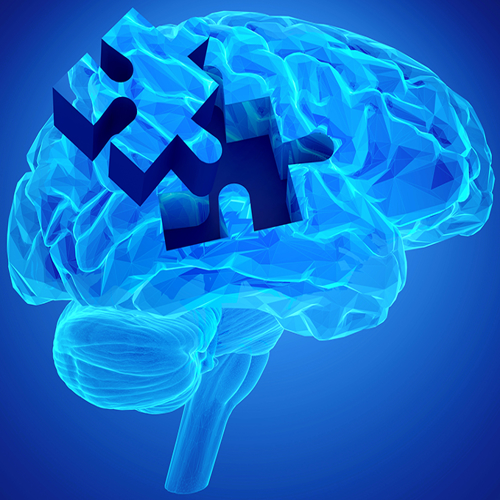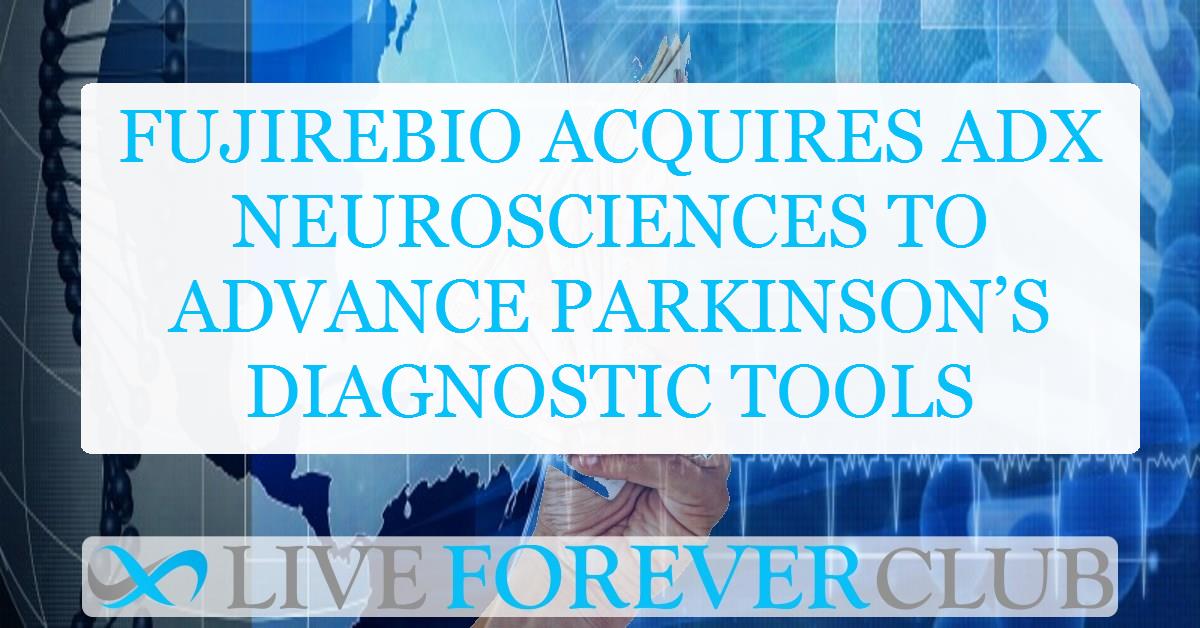Key points from article :
Fujirebio Holdings, a leader in neurodegenerative disease diagnostics, recently acquired ADx NeuroSciences, investing $40 million to bolster its Parkinson’s disease diagnostic tools. Set to complete in July, this acquisition adds ADx’s advanced biomarker and antibody technologies to Fujirebio’s portfolio, enhancing its offerings for Parkinson’s and Alzheimer’s diagnostics. ADx specializes in developing antibodies against alpha-synuclein, a protein central to Parkinson’s disease progression. This protein often misfolds, forming toxic clumps, known as Lewy bodies, which disrupt dopamine-producing nerve cells essential for brain communication. This cellular damage leads to synaptic degeneration and nerve cell death, hallmark symptoms of Parkinson’s.
By acquiring ADx, Fujirebio gains a significant advantage in the neurodegenerative diagnostics market, extending its in vitro diagnostics capabilities. ADx’s current portfolio includes antibodies that detect alpha-synuclein and other biomarkers associated with nerve cell degeneration, crucial for early diagnosis and monitoring disease progression. Fujirebio’s president and CEO, Goki Ishikawa, shared excitement about this partnership, emphasizing their shared goal to advance neurodegeneration biomarker testing worldwide.
This acquisition also strengthens the Fujirebio Neuro Center of Excellence, positioning it as a global hub for expertise in diagnostics for neurodegenerative diseases. With ADx's expertise in assay development for pharmaceutical and diagnostic firms, Fujirebio will expand its antibody supply and contract development offerings, catering to its global partners and enhancing neurodegenerative disease research.
As ADx integrates into Fujirebio, it will continue supporting its existing partners while working to advance diagnostic solutions that can improve patient outcomes. This partnership represents a step forward in understanding and diagnosing diseases that impact millions globally, as both companies aim to expand biomarker testing, aiding in the detection and management of Parkinson’s and related neurodegenerative conditions.





